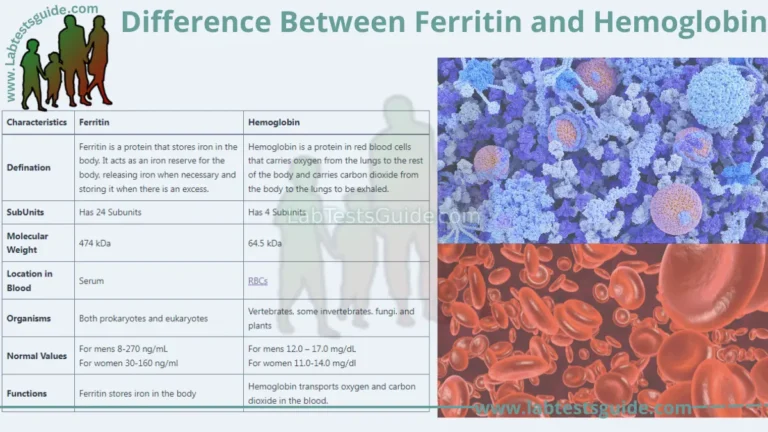Regular blood donors need more than routine checks during donation. Learn why a serum ferritin test is crucial, how iron deficiency affects donations, and Dr. Ravneet Kaur’s research highlighting the significance of monitoring iron reserves.

Are you a regular blood donor? While you undergo mandatory screenings during your noble act, there’s a critical test often overlooked: the serum ferritin test. Why is this test so crucial? Dr. Ravneet Kaur, overseeing the transfusion medicine department at Government Medical College and Hospital (GMCH), Sector 32, reveals a compelling reason based on her groundbreaking research.
Dr. Kaur’s findings illuminate a concerning issue faced by frequent blood donors: iron deficiency, even when hemoglobin levels appear normal. Her research showcases that continuous blood donation can deplete iron reserves, leading to fatigue, anemia, and potential disqualification from donating blood. Moreover, the blood quality from such donors might also be compromised.
Highlighting the importance of the ferritin test, Dr. Ravneet emphasizes its role in assessing stored iron levels. She points out that while regular blood donation can maintain hemoglobin levels, it gradually depletes iron reserves. The paradox lies in the fact that low iron levels might not visibly affect hemoglobin levels, masking the donor’s awareness of their iron deficiency.
Dr. Ravneet’s research involved 127 regular donors facing various problems due to iron deficiency, causing them to cease blood donations. Upon checking their ferritin levels, found below normal, they were prescribed oral iron supplements. Remarkably, many donors’ iron content normalized after supplementation, allowing them to resume their blood donations.
However, conducting ferritin tests during blood donation camps poses a challenge as it’s not a point-of-care test, Dr. Ravneet mentions. This limitation underscores the need for regular donors to proactively schedule ferritin tests at intervals, ensuring their ability to continue contributing to this life-saving cause.
In recent articles, we’ve highlighted related health concerns:
- Iron Deficiency Crisis Among Urban Women: Addressing the silent epidemic of iron deficiency affecting urban women, impacting their daily lives and postpartum health.
- Hope for Blood Cancer Patients in Chennai Hospital: Doctors sharing success stories about blood cancer treatments, emphasizing the potential for cure and normal life after treatment.
- Beyond Blood Sugar: Complications Diabetics Should Monitor: Shedding light on the health issues beyond blood sugar levels that diabetics should remain vigilant about.
The critical takeaway: Regular blood donors need to prioritize their iron levels through ferritin tests to ensure continued eligibility and a healthy contribution to saving lives through blood donation.







